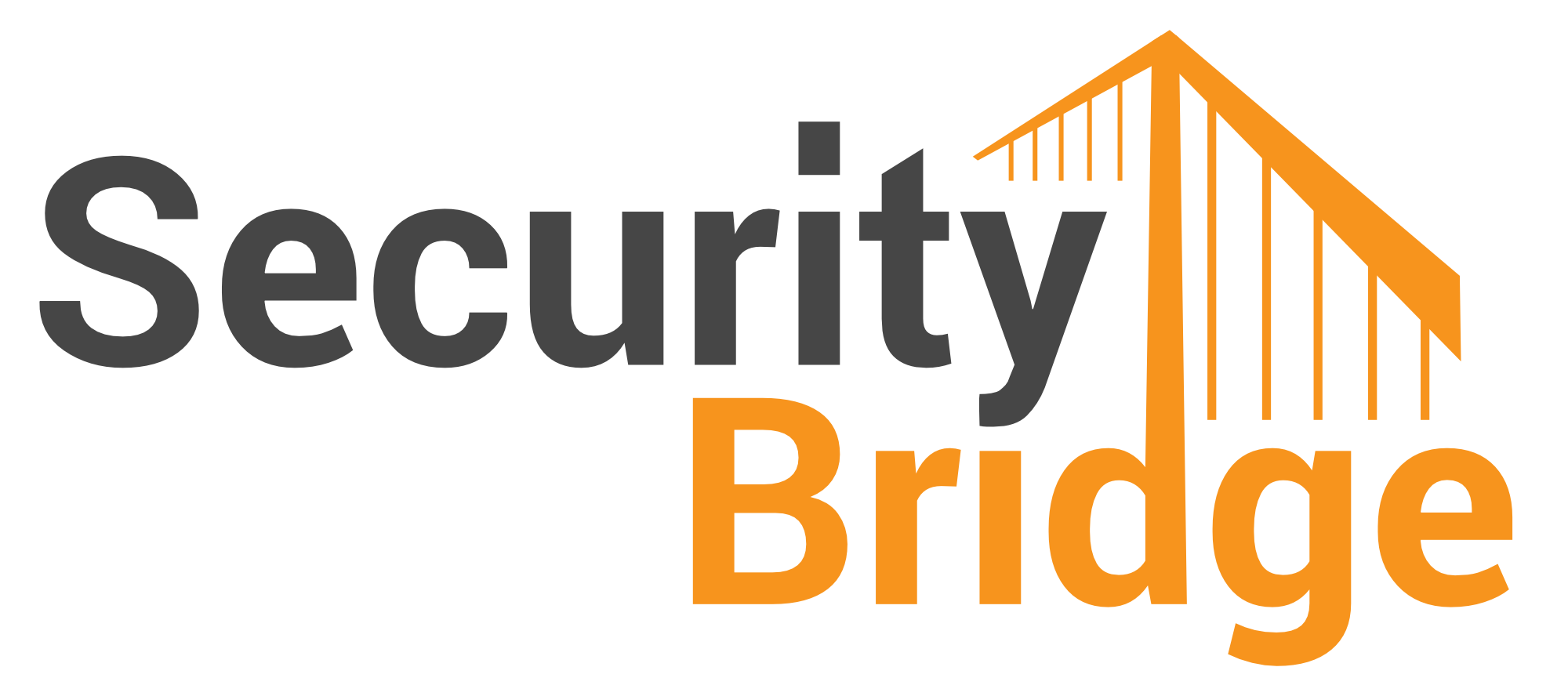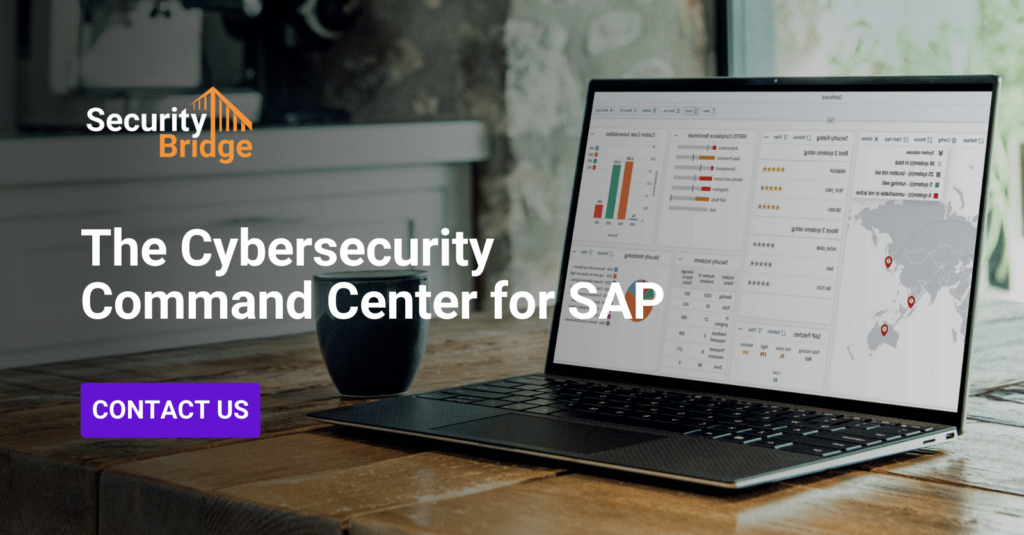
Top Skills You Need to Succeed as an SAP Security Analyst
Chapters
Share Article
Let's Talk SAP Security
Have questions about SAP Security? We’re here to help. Contact Us
An SAP Security Analyst protects SAP systems by managing user access and addressing vulnerabilities. This role involves designing security roles, conducting audits, and ensuring data integrity. In this article, we cover the essential skills, responsibilities, challenges, tools, and best practices for succeeding in this field. It is crucial to review a list of responsibilities and qualifications for the SAP Security Analyst role to understand the expectations and requirements before applying.
Key Takeaways
Mastering SAP security isn’t just about roles and codes; it’s a delicate dance of data protection, user management, and ongoing audits.
An SAP Security Analyst needs to be a jack-of-all-trades: savvy with tech, sharp with analytics, and a smooth talker to bridge the gap between techies and non-techies.
Ready to join the SAP security world? Grab a tech degree, snag some certifications, and dive into hands-on experience to level up your game.
Understanding SAP Security Concepts
SAP security involves a complex network of roles, authorization objects, and transaction codes that regulate access within the system to protect sensitive data. User roles, created via transaction PFCG, assign authorization objects to define specific access rights.
SAP roles include Master Roles, which contain transactions and authorization objects, and Derived Roles which inherit attributes from Master Roles but allow unique organizational-level settings. Master Roles manage user permissions through transaction codes, authorization objects, profiles, and organizational levels.
Authorization objects, created via transaction SU21, define relationships between fields and control access to specific values. Profiles, acting as containers, store authorization data for assigned roles. These elements form the core of SAP security, enabling secure management of user access to both standard and custom transactions.
Key Responsibilities of an SAP Security Analyst
An SAP Security Analyst’s primary mission is to design and implement security roles and authorizations across SAP environments to protect data. This includes maintaining user accounts and managing authorization processes, ensuring that only authorized individuals have access to sensitive data. A detailed list of responsibilities and qualifications is crucial for potential candidates to understand the expectations and requirements before applying.
Additionally, SAP Security Analysts conduct periodic audits of user licenses for compliance with SAP policies, monitor security logs, and address application vulnerabilities to maintain system integrity.
Leveraging SAP GRC (Governance, Risk, and Compliance) solutions allows continuous monitoring of risks and compliance across systems. Essentially, the role involves being the vigilant guardian of an organization’s SAP ecosystem.

Essential Skills for SAP Security Analysts
Excelling as an SAP Security Analyst requires a blend of technical expertise, analytical skills, and effective communication. These skills help implement and manage security measures while enabling clear communication of complex security issues to stakeholders.
Technical Proficiency
Technical proficiency forms the foundation of an SAP Security Analyst’s skill set. Proficiency in SAP products, modules, system configuration, and ABAP programming is essential. Familiarity with SAP HANA database management is increasingly important. Certifications like SAP Certified Application Associate validate expertise and enhance employability.
Understanding SAP-specific security tools and techniques, such as the Profile Generator and Role Maintenance, is essential for securing SAP applications. This technical expertise enables the implementation of effective security measures and risk management.
Analytical Thinking
Analytical thinking is crucial in SAP security. Strong analytical skills allow assessment of complex environments and informed decision-making. Recognizing patterns and connections within user data helps detect unusual activities indicating potential security threats.
Analyzing security logs and access patterns helps pinpoint vulnerabilities and recommend countermeasures in the review process. Assessing potential impacts and prioritizing risks based on analysis is vital for effective risk mitigation.
Communication Abilities
Effective communication is crucial in SAP security. Articulating technical security concepts to non-technical stakeholders fosters a security-conscious culture. The role often involves promoting security awareness among business units and recommending process improvements.
Clear communication ensures seamless collaboration with other teams. Whether explaining a security breach or detailing a new protocol, the ability to convey complex information succinctly and clearly is essential for establishing a connection.
Security Certifications and Compliance
In the ever-evolving landscape of SAP security, staying current with the latest certifications and compliance requirements is non-negotiable. As an SAP Security Analyst, obtaining certifications such as CISA, CISSP, IAT, GIAC, CEH, CISM, GSEC, GRC, or HANA is crucial. These certifications not only validate your expertise in security administration but also demonstrate your commitment to best practices in the field.
Compliance with industry standards and regulations, such as GDPR, HIPAA, and PCI-DSS, is equally important. These regulations are designed to protect sensitive data and ensure its integrity. By staying compliant, you help your company avoid hefty fines and maintain a robust security posture. Regularly reviewing and updating your knowledge of these standards will ensure that your SAP systems remain secure and compliant.
Common Risks and Challenges in SAP Security
SAP security involves navigating various risks and challenges, including detecting vulnerabilities within SAP systems. Strong analytical skills are crucial for interpreting complex data and deriving actionable insights for security enhancements. Problem-solving abilities are vital for troubleshooting security vulnerabilities.
Managing patches and updates is another significant challenge. Organizations must track patches and updates for SAP systems to minimize vulnerabilities from unpatched software. The complexity of SAP environments can lead to password reuse, increasing the risk of compromised credentials.
Continuous monitoring and auditing are essential to address potential threats such as data leaks and unauthorized access to continue.

Tools and Technologies Used by SAP Security Analysts
Tools and technologies are indispensable for SAP Security Analysts. SAP Datasphere, for instance, facilitates data integration and modeling for enhanced analysis and security process planning. Similarly, SAP Analytics Cloud supports financial, operational, and workforce planning, crucial for oversight.
Generative AI tools like Joule copilot in SAP Analytics Cloud help develop actionable business plans from data insights on the site. Integrating SAP security monitoring into a centralized Security Information and Event Management (SIEM) system enhances visibility and response capabilities de.
Automated tools for vulnerability scanning and compliance reporting are vital for maintaining a secure SAP environment.
Staying Up-to-Date with Security Threats
In the dynamic world of SAP security, staying informed about the latest threats and vulnerabilities is paramount. As an SAP Security Analyst, you must be vigilant in monitoring security alerts and advisories from SAP. These alerts provide critical information about potential risks and the necessary steps to mitigate them.
Additionally, keeping up with the latest security research and trends is essential. This involves reading industry publications, following security blogs, and participating in webinars and conferences. By staying informed, you can proactively identify and address potential security risks, ensuring the continued security and integrity of your SAP systems. Remember, in the realm of security, knowledge is power.
Best Practices for Improving SAP Security
Enhancing SAP security is an ongoing process requiring adherence to best practices. Regulatory compliance influences SAP security strategies, necessitating adaptation to changing legal requirements and standards. User awareness and training are crucial for reducing human error, a significant factor in security breaches.
Regular automated reviews of user roles and authorizations help maintain the principle of separation of duties in SAP environments. Implementing secure coding practices during SAP application development is crucial for mitigating risks associated with custom code.
Integrating SAP security into the enterprise’s overall security framework ensures a holistic approach to risk management.
How to Join the Field as an SAP Security Analyst
Entering the field of SAP Security Analysts typically requires a bachelor’s degree in computer science or information technology. Pursuing certifications in SAP security can enhance credibility and job prospects. Knowledge of SAP products and security protocols is essential for effectively managing security threats. Reviewing a list of responsibilities and qualifications is crucial to understanding the expectations and requirements before pursuing a career as an SAP Security Analyst.
Internships or entry-level positions in IT security provide valuable hands-on experience and understanding of SAP systems. Participating in SAP implementation projects also bolsters practical knowledge and skills.
Continuous Learning and Professional Development
The field of SAP security is constantly evolving, making continuous learning and professional development essential. As an SAP Security Analyst, you must commit to ongoing education to stay current with the latest security threats, technologies, and best practices.
Attending training sessions, workshops, and conferences is a great way to enhance your knowledge and skills. These events provide opportunities to learn from industry experts and network with peers. Additionally, participating in online forums and communities can offer valuable insights and support from fellow professionals.
By dedicating yourself to continuous learning and professional development, you ensure that your skills and knowledge remain up-to-date. This commitment not only enhances your ability to provide top-notch security expertise to your organization but also positions you as a valuable asset in the ever-changing landscape of SAP security.
Reviewing SAP Security Services
SAP’s security services offer a comprehensive suite of applications and services to safeguard enterprise applications across various industries. Leveraging machine learning and advanced analytics, these services help transform businesses into intelligent enterprises.
Key benefits of SAP security services include fraud prevention, data integrity assurance, and automated audits. Implementing effective SAP security measures allows organizations to centralize security monitoring and detect data leaks. A robust SAP security framework fosters client trust and supports sustainable business growth.
Case Studies and Real-World Applications
Real-world examples of SAP security implementations offer valuable insights into best practices and successful strategies. For instance, a major corporation successfully implemented a role-based access control (RBAC) system in their SAP environment, significantly reducing unauthorized access incidents.
Similarly, a financial institution can improve its SAP security posture by conducting regular risk assessments, enhancing compliance with regulatory standards. These implementations fortify security and foster stakeholder confidence in the organization’s data protection capabilities.

The Future of SAP Security
The future of SAP security is promising, with trends emphasizing the integration of advanced technologies like AI and machine learning to enhance threat detection and response capabilities. Adopting a proactive approach to address vulnerabilities before they can be exploited will be crucial.
Continuous learning about the latest trends, tools, and vulnerabilities in SAP security is essential for staying relevant. While many organizations currently treat SAP systems as separate entities, the future will likely see a more integrated approach to security management.
Summary
In summary, succeeding as an SAP Security Analyst requires a blend of technical proficiency, analytical thinking, and effective communication skills. Understanding the key responsibilities, common risks, and best practices is essential for maintaining a secure SAP environment. The future of SAP security will increasingly rely on advanced technologies and proactive strategies.
As you embark on your journey to becoming an SAP Security Analyst, remember that continuous learning and adaptation are key. Stay ahead of the curve, embrace the challenges, and you’ll find a rewarding career safeguarding the digital fortresses of tomorrow.
Are you ready to advance your career in SAP cybersecurity? Check out the available positions on our careers page and apply for your ideal role today. We look forward to hearing from you!
Frequently Asked Questions
What is SAP in cybersecurity?
SAP in cybersecurity is all about safeguarding your SAP systems from those pesky insider threats and wicked outsiders who might want to rain on your parade. So, think of it as your digital bouncer, keeping the troublemakers out!
What are the primary responsibilities of an SAP Security Analyst?
As an SAP Security Analyst, your main gig is crafting security roles, managing user accounts, and keeping a vigilant eye on security logs to guard against the data-dodgers. Think of yourself as the digital bodyguard for SAP systems!
What technical skills are essential for an SAP Security Analyst?
To be a top-notch SAP Security Analyst, you’ll need to wield proficiency in SAP products and modules like a pro, master system configurations, and know your way around programming languages like ABAP. Don’t forget to cozy up with those SAP-specific security tools and techniques—it’s basically your secret sauce!
How can I join the field of SAP Security Analysts?
To break into the world of SAP Security Analysts, snag a bachelor’s in computer science or IT, grab some relevant certifications, and don’t forget to accumulate hands-on experience through internships. Before you know it, you’ll be securing systems like a pro!
What are some common risks in SAP security?
Watch out for unpatched software, password reuse, and unauthorized access—these are the sneaky culprits of SAP security risks! Stay sharp with continuous monitoring and regular updates to keep those dangers at bay.
Join us at SecurityBridge – we offer exciting opportunities to grow, innovate, and make an impact in the field of SAP security. Do not hesitate to visit our careers page and apply for your dream job today!

